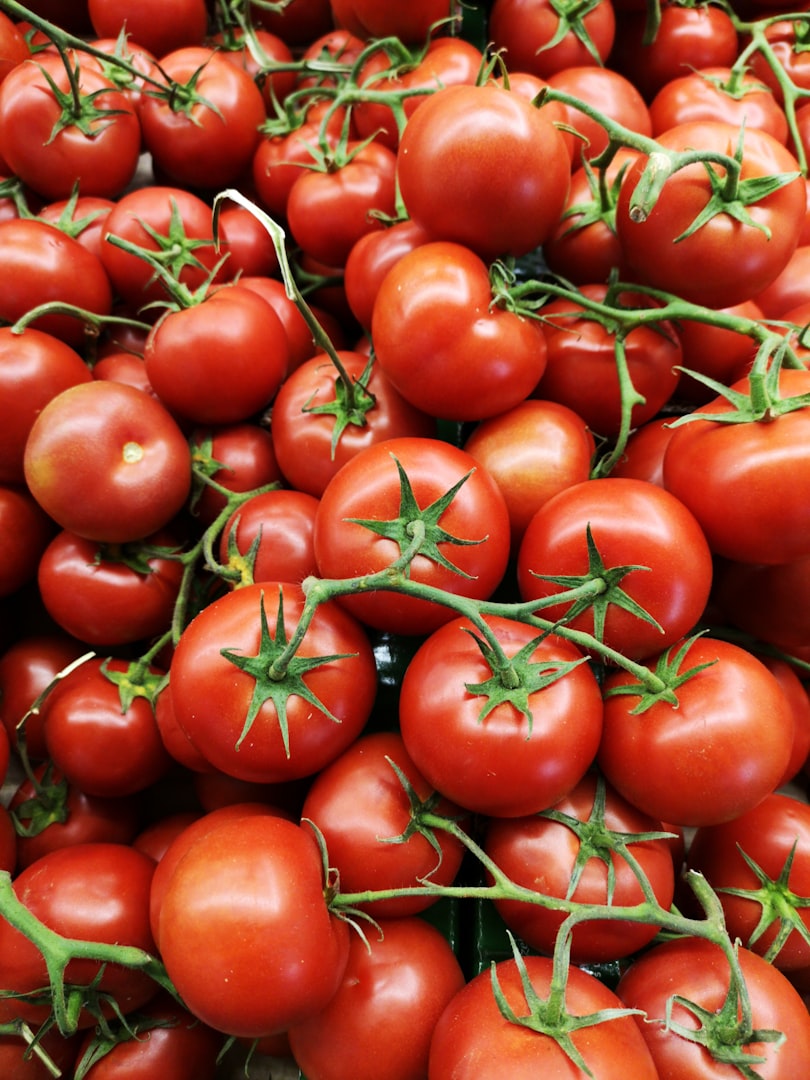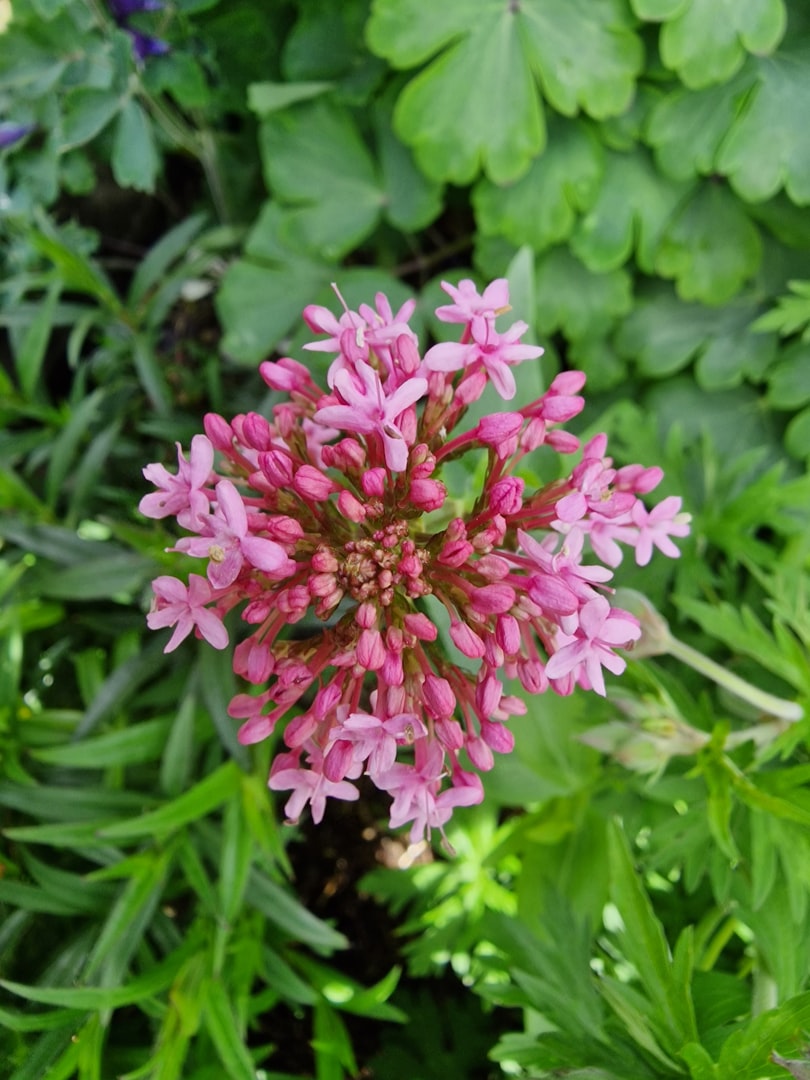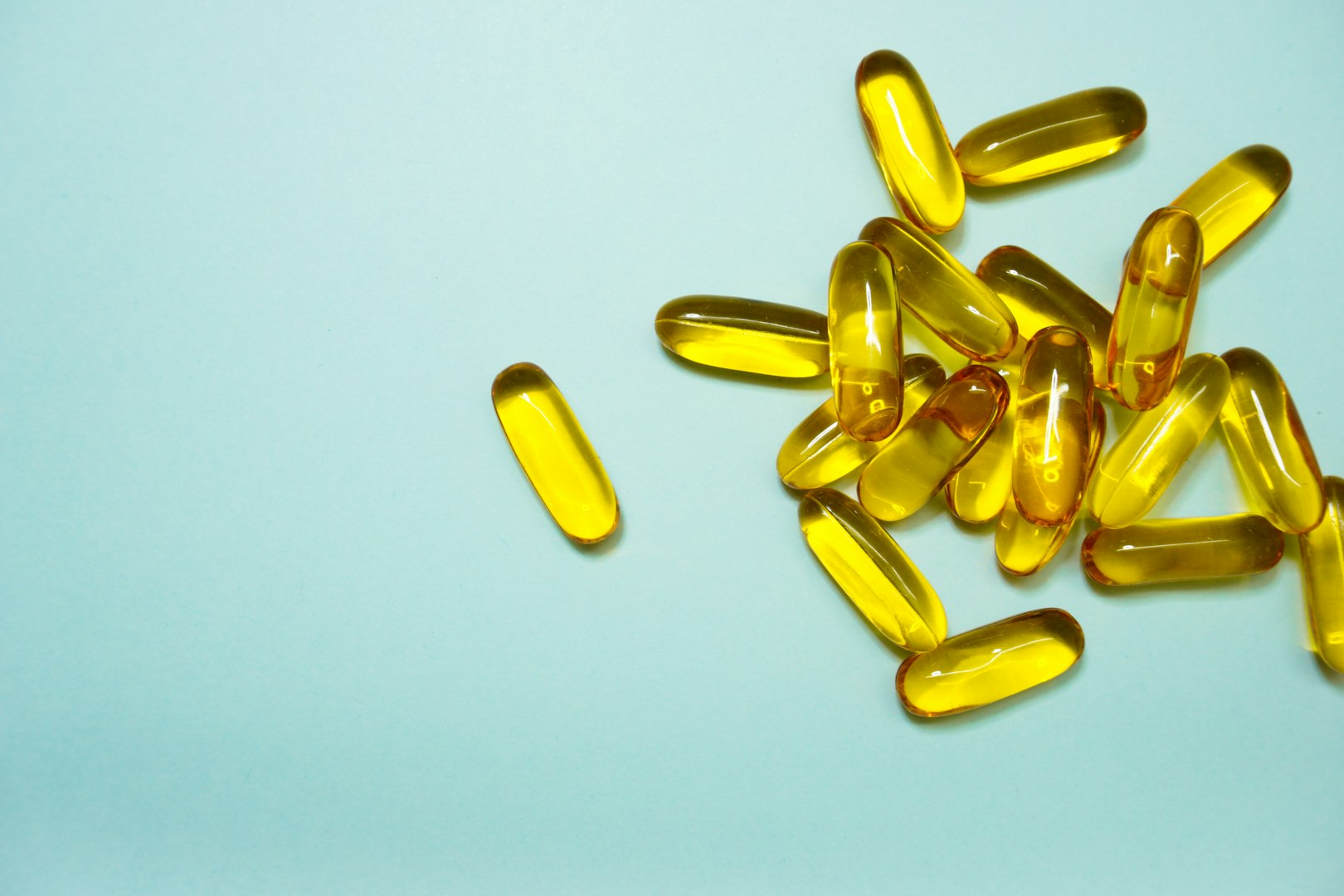HEALTHSCRIPT EMPORIUM
Nutraceuticals
Nutraceuticals are food-derived products that provide health benefits beyond basic nutrition, often used to prevent or treat chronic diseases. They include dietary supplements, functional foods, and herbal products, and are valued for their potential to improve overall health and well-being

Quercetin
Quercetin is a flavonoid found in many fruits, vegetables, and grains, and is noted for its antioxidant and anti-inflammatory properties. It has been researched for its potential effects on health, including its possible impact on heart health and chronic diseases.

Lycopene
Lycopene is a red pigment and antioxidant found in tomatoes and other red fruits and vegetables. It is associated with various potential health benefits, including a reduced risk of heart disease and certain types of cancer.

Resveratrol
Resveratrol is a natural compound found in the skin of grapes, red wine, berries, and some other plants, associated with antioxidant properties. It is being studied for its potential health effects, including supporting heart health and addressing age-related conditions.

Green Tea (EGCG)
Epigallocatechin gallate (EGCG) is a catechin and antioxidant predominantly found in green tea. It is widely studied for its potential health benefits, including effects on cardiovascular health and possible anti-cancer properties.

Curcumin
Curcumin is a natural compound found in the spice turmeric, known for its bright yellow color and notable anti-inflammatory and antioxidant properties. It is widely studied for its potential health benefits, including its role in the management of chronic diseases such as cancer, arthritis, and cardiovascular conditions.

Valerian Root
Valerian root is an herbal remedy traditionally used for its sedative and calming effects, often associated with alleviating insomnia and anxiety. It is believed to influence levels of gamma-aminobutyric acid (GABA) in the brain, which may help to reduce nervous activity.

Vitamin D
Vitamin D (cholecalciferol) is a fat-soluble vitamin that is crucial for maintaining healthy bones and supporting the immune system by aiding in the absorption of calcium and phosphorus. It is produced by the body when the skin is exposed to sunlight and can also be obtained from certain foods and supplements.

Magnesium Glycinate
Magnesium glycinate is a highly absorbable form of magnesium commonly used as a dietary supplement. According to Rawji et al. (2024), it has been the subject of systematic reviews focusing on its potential effects on self-reported anxiety and sleep quality.
HEALTHSCRIPT EMPORIUM
Video Gallery
Presenting a collection of videos focused on various nutraceuticals, showcasing their features and applications. These videos aim to inform viewers about the different health supplements available and their potential uses.§
HEALTHSCRIPT EMPORIUM
Overview of Phytochemical Studies and Their Reported Benefits*§
Recent studies provide a comprehensive look at phytochemicals, naturally occurring compounds in plants, and their potential roles in health and disease management. Here is an overview based on three significant studies:
1. Major Phytochemicals: Recent Advances in Health Benefits and Extraction Method
Flavonoids: Compounds such as quercetin and kaempferol are noted for their antioxidant properties. Alkaloids: Examples like caffeine and morphine are mentioned for their analgesic and stimulant properties. Terpenoids: Carotenoids such as beta-carotene and lycopene are highlighted.
2. Classification of Phytochemicals in Plants with Herbal Value
Phenolic acids: Compounds like chlorogenic acid and gallic acid are noted. Saponins: Recognized for their anti-inflammatory and immune-related properties. Tannins: Examples like ellagitannin are discussed for their microbial protection properties.
3. Oxidative Stress: The Role of Antioxidant Phytochemicals in the Prevention and Treatment of Diseases
Vitamin C (Ascorbic acid): Noted for its role in neutralizing free radicals and supporting the immune system. Polyphenols: Found in green tea (e.g., epigallocatechin gallate) and grapes (e.g., resveratrol). Glucosinolates: Present in cruciferous vegetables, these compounds are discussed in the context of cancer risk modulation.
Conclusion
*All statements have not been evaluated by the Food & Drug Administration. These products are not intended to diagnose, treat, cure, or prevent any disease. Please contact your healthcare professional immediately if you experience any unwanted side effects. The information contained herein is for informational purposes only and does not establish a doctor-patient relationship. Please be sure to consult your physician before taking this or any other product.
-
References
Kumar A, P N, Kumar M, Jose A, Tomer V, Oz E, Proestos C, Zeng M, Elobeid T, K S, Oz F. Major Phytochemicals: Recent Advances in Health Benefits and Extraction Method. Molecules. 2023 Jan 16;28(2):887. doi: 10.3390/molecules28020887. PMID: 36677944; PMCID: PMC9862941
Abdelkhalek, S.T., Shi, J.H., Jin, M.X., Wang, M.Q., Abdelgayed, S.S. (2023). Classification of Phytochemicals in Plants with Herbal Value. In: Izah, S.C., Ogwu, M.C., Akram, M. (eds) Herbal Medicine Phytochemistry. Reference Series in Phytochemistry. Springer, Cham. https://doi.org/10.1007/978-3-031-21973-3_12-1
Muscolo, A.; Mariateresa, O.; Giulio, T.; Mariateresa, R. Oxidative Stress: The Role of Antioxidant Phytochemicals in the Prevention and Treatment of Diseases. Int. J. Mol. Sci. 2024, 25, 3264. https://doi.org/10.3390/ijms25063264
